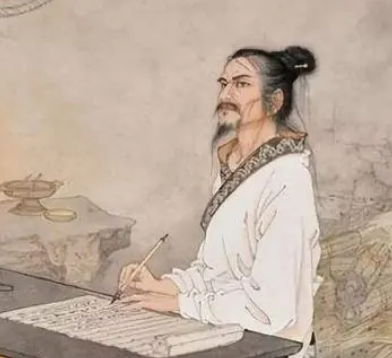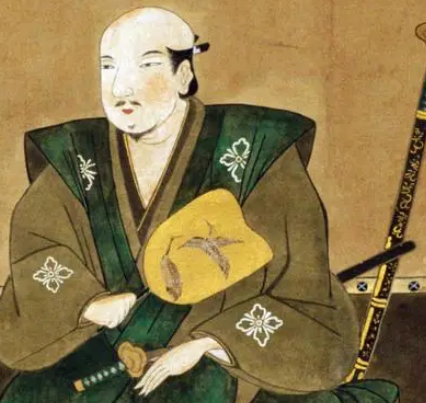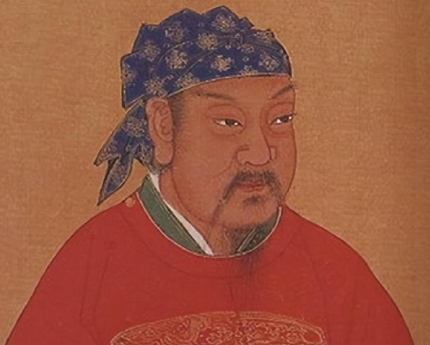In Chinese history, Wu Zetian, as the only female emperor, has always been a focal point of attention for her reign and life. However, the curiosity arises: why did Wu Zetian not pass the throne to her daughter, but instead chose to have her son succeed her? This article will explore the reasons behind this historical event.

First, it is essential to understand that, despite Wu Zetian's outstanding political talent during her reign, her throne was not easily obtained. To consolidate her position, she had to adopt a series of measures, including weakening the power of other royal members. Under such circumstances, passing the throne to her daughter might have sparked dissatisfaction and rebellion from other royal members, thereby threatening her authority and position.
Second, the social environment and cultural background of that time also influenced Wu Zetian's succession issue. In ancient China, the concept of male superiority and female inferiority was deeply ingrained. Although Wu Zetian successfully broke the traditional gender barrier and became an empress, it did not mean that society universally accepted women as supreme rulers. Therefore, to maintain social stability and order, she may have believed that passing the throne to her son was a more prudent choice.
Furthermore, from a political perspective, Wu Zetian may have believed that her son possessed more potential to be an excellent emperor than her daughter. Among her sons, Li Xian (later Emperor Zhongzong of Tang) and Li Dan (later Emperor Ruizong of Tang) both demonstrated certain political talents. Although Princess Taiping, Wu Zetian's daughter, was intelligent and capable, she did not achieve much politically. Therefore, considering the future of the country, Wu Zetian chose to have her son succeed her.
Lastly, it is worth mentioning that although Wu Zetian did not pass the throne to her daughter, Princess Taiping still enjoyed a high status and power during her mother's reign. She was once titled the "Princess Taiping of Guardian of the Nation" and played a significant role in government affairs. This indicates that although she did not become an empress, Princess Taiping still received her mother's attention and trust.
In conclusion, there are multiple reasons why Wu Zetian did not pass the throne to her daughter. These reasons include considerations of personal authority and position, the influence of social and cultural backgrounds, as well as political considerations for the future of the country. Through exploring this historical event, we can gain a deeper understanding of the political system, social customs, and the roles and responsibilities of historical figures in ancient China. At the same time, we should also cherish and respect historical facts, carrying forward the excellent traditional culture of the Chinese nation.
Disclaimer: The above content is sourced from the internet and the copyright belongs to the original author. If there is any infringement of your original copyright, please inform us and we will delete the relevant content as soon as possible.
































